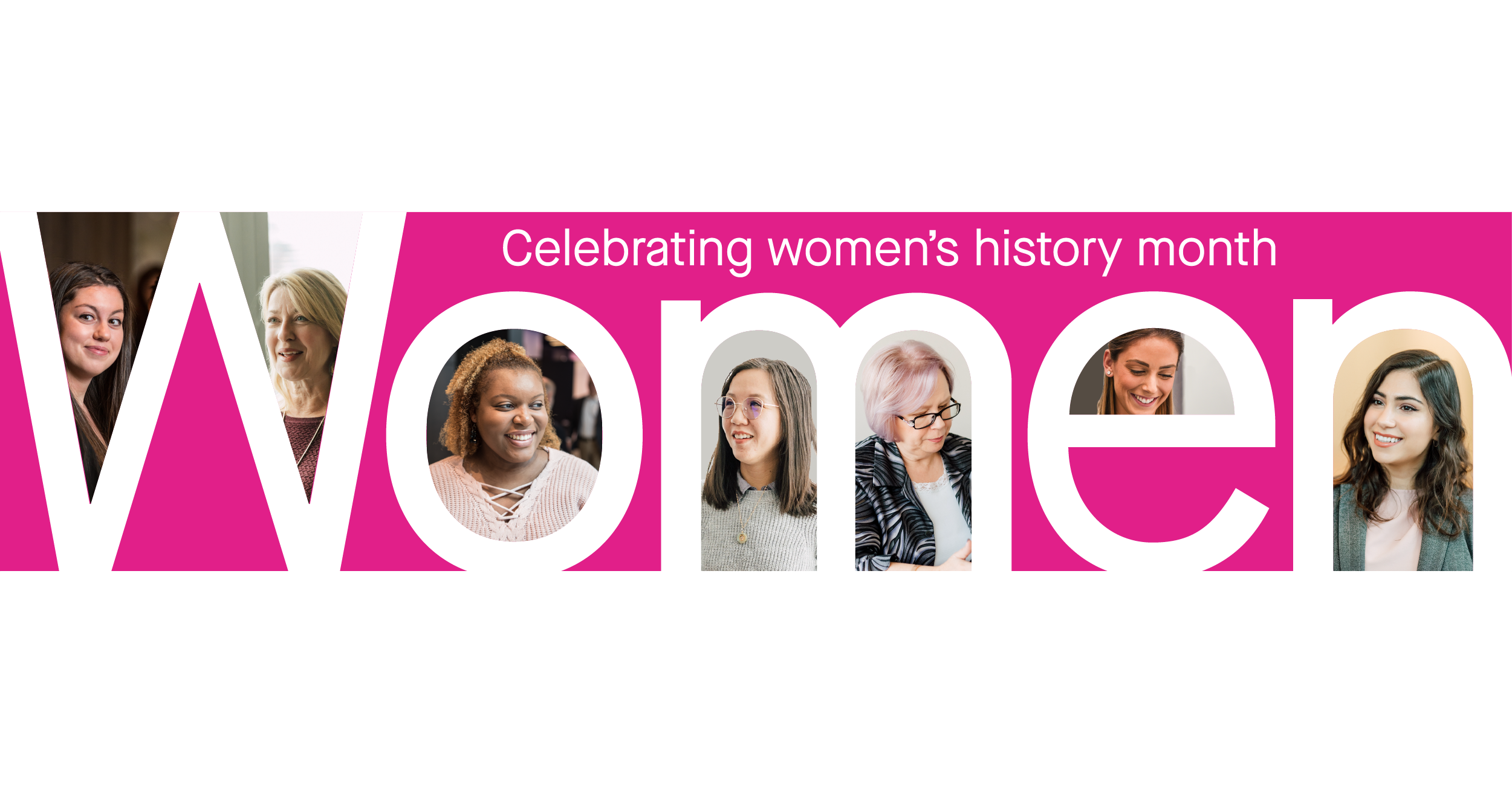As a child, I had dreams of being a famous writer or journalist, but alas, my talents lay on the other side of my brain and I eventually became an actuary. I love my career, but throughout it I have many times been the proverbial “only woman in the room.” I honestly never considered this possibility when I decided to major in math, nor when I took my first job at an actuarial firm. I was lucky — my parents gave me no instructions on what I could or could not do; that was completely up to me. This was liberating, almost to the point of naivety. My parents’ true and only expectation was for me to perform up to my potential. I must add, that left no room for me to perform below that bar — was a strict “no excuses policy” — but I was free to choose my life’s path. It wasn’t until I had begun my career and sought a mentor that I realized it would likely need to be a man. At the time, there were few leaders in the actuarial profession that were women. That reality has changed for the better.
Today, on International Women’s Day (IWD), I see a world and profession that has progressed significantly since I took my first actuarial exam more than 30 years ago. There are still times when I am the only woman at a meeting, but now I am sometimes the one leading it. And, I see multiple women in prominent leadership roles — CEO of a Fortune 100 company, President of the European Commission, Director-General of the World Trade Organization, general manager of a major league baseball team, and recently Vice President of the United States. Additionally, in my own profession, all five U.S.-based actuarial associations currently have a woman as their president-elect. When I was president of the Society of Actuaries (SOA) in 2013, I was only the fourth woman to lead the SOA, and last year I was only the third woman to lead the International Actuarial Association (IAA) as president. But this year, for the first time, women outnumber men on the IAA’s leadership team.
Yes, the world has changed, but there is still much more that needs to be done. This year, UN Women has selected the IWD theme “Women in Leadership: Achieving an Equal Future in a COVID-19 World”. They aim to celebrate women’s efforts around the world as we are “shaping a more equal future and recovery from the COVID-19 pandemic.” Indeed, this pandemic has not been gender-neutral. Rather, it has brought greater career challenges to women: More women than men have lost their job; more women than men in hourly jobs have seen their hours cut; and women, traditionally carrying a greater burden than their male counterparts when it comes to assuming the role of caregiver, have had myriad other titles conferred on them as well: Teacher, nurse, referee, etc. In addition, most workers in “frontline” sectors — including retail, health, K-12 education, and paid care — are women.
As we plan for life after the pandemic, and eventually start to see what our new normal will be like, both governments and businesses need to be intentional in how their efforts specifically support women. Without this, decades of progress toward gender equality might be lost. Understanding this challenge, many companies have started shaping policies and providing support to help women more effectively manage their careers as well as their families. Companies that have taken up this baton will be rewarded as women continue to blaze new trails, increase their knowledge, and, perhaps most importantly, these women will not lose ground in their careers while the pandemic lingers. It’s encouraging to see these efforts to keep women’s opportunities equal, and to provide them with the necessary support that takes into account all they have been asked to do both at work and at home.
Still, we should not leave this important effort to governments and businesses. It’s critical that women connect with each other and lift each other up. Two years ago, the Conference of Consulting Actuaries (CCA) formed the Women in Consulting Community (WICC), enabling women actuaries to share information and experiences, learn through forums and book clubs, or just chat over lunch — all with the aim of helping them better manage both their careers and their lives outside of work. And, last year, Buck created the Employee Resource Group (ERG), “Women Empowered at Buck (W.E.B.).” It’s exciting to help this important ERG take off and to support my female colleagues achieve their version of success through education, mentoring, and connection. W.E.B. reflects Buck’s belief in fairness and in compensating women for equal accomplishment on the same basis as men. In fact, the first employee George B. Buck, Sr. hired in 1916 was a woman, and during Margaret Burt’s 44 years with Buck, she was one of the highest paid women in America.
Digging deeper, women need to support each other on an individual level. I strongly relate to Michelle Obama’s statement in her book Becoming: “This, for me, began a habit that has sustained me for life, keeping a close and high-spirited council of girlfriends — a safe harbor of female wisdom.” Without my close council of female friends, I would not be who I am or where I am today.
I look forward to celebrating IWD this year as we recognize how much has been achieved. It is crucial, however, that we stand ready to push forward for greater gender equality so more women can thrive, even during these difficult times. And, if each of us women pitch in to help each other, we can continue to build a better future, one council of girlfriends at a time.
